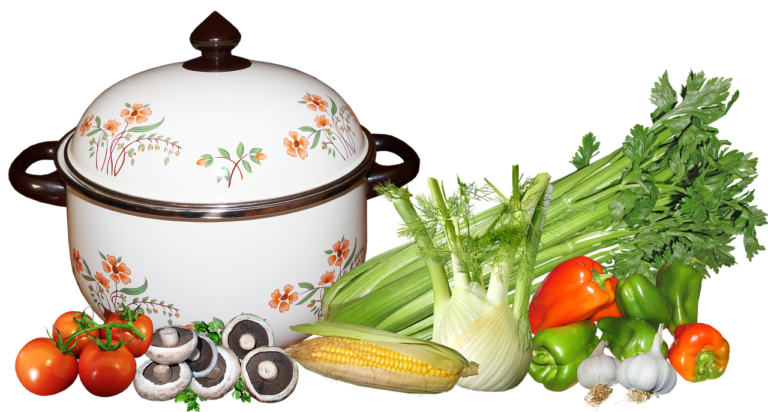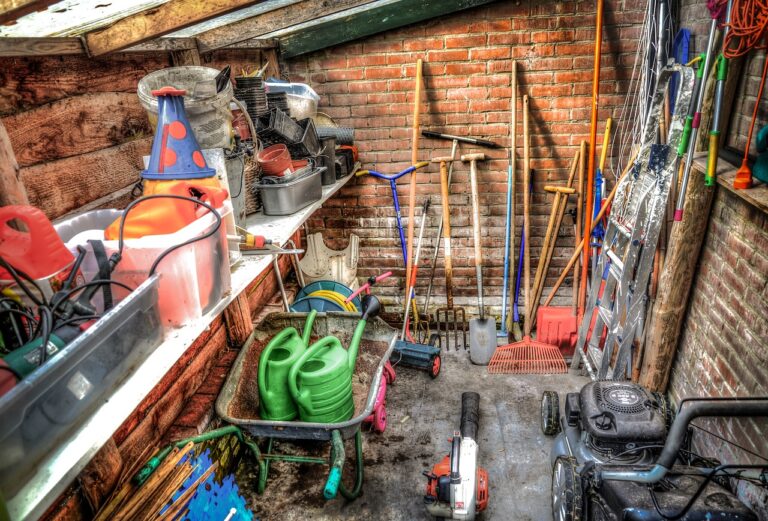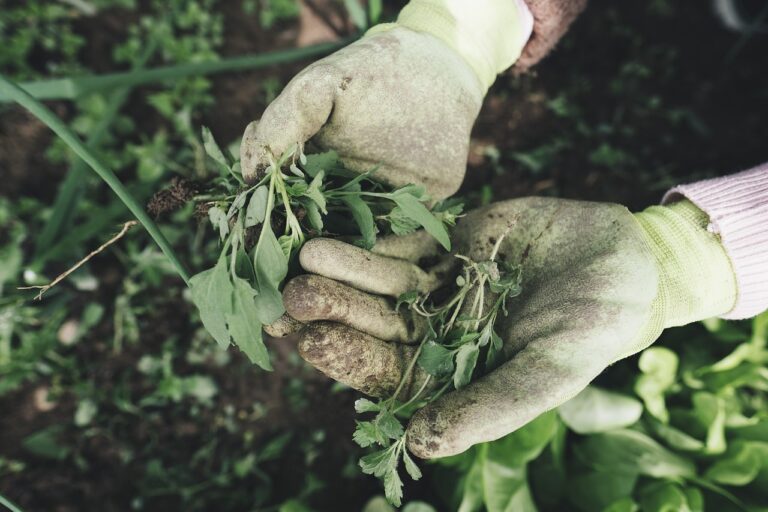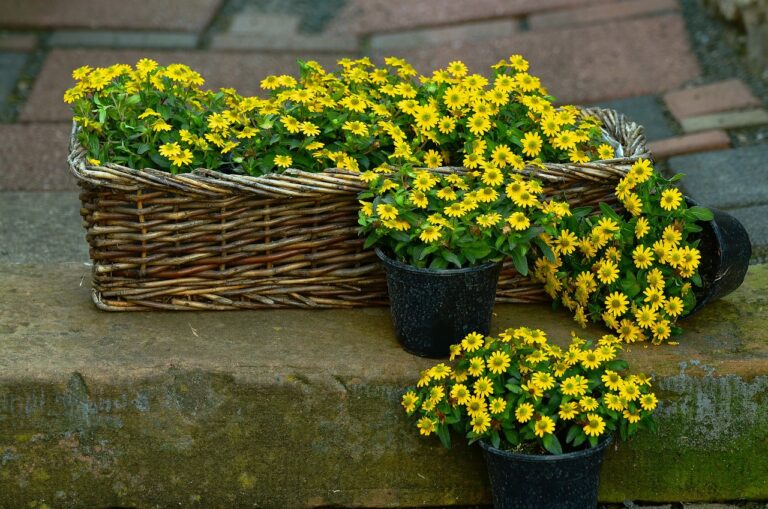Mulching: The Key to a Healthy and Thriving Garden
Mulching is a gardening technique that involves spreading a layer of organic or inorganic material on the soil surface. This practice offers numerous benefits to your garden, including:
Benefits of Mulching
Soil Moisture Retention
- Reduces evaporation by creating a barrier between the soil and the atmosphere
- Helps soil retain water for longer periods, reducing the need for frequent watering
Temperature Regulation
- Acts as an insulator, moderating soil temperature during extreme weather conditions
- Maintains a cooler soil environment in summer and warmer in winter
Weed Suppression
- Creates a physical barrier that prevents weed seeds from germinating and establishing
- Deprives weeds of sunlight and nutrients, further inhibiting their growth
Nutrient Enhancement
- Organic mulches, such as compost or manure, release nutrients into the soil over time
- Encourages soil microbial activity, improving soil health and fertility
Types of Mulch
Organic Mulches
- Leaves: Natural and free, decomposes quickly to improve soil structure
- Bark: Long-lasting and adds organic matter, but may acidify soil
- Compost: Nutrient-rich and improves soil structure significantly
Inorganic Mulches
- Plastic: Suppresses weeds effectively but can create a barrier to water infiltration
- Rubber: Durable and prevents soil erosion, but can be expensive
- Fabric: Breathable and allows water to penetrate, but requires regular maintenance
How to Apply Mulch
Choosing the Right Thickness
- Spread mulch in a layer 2-4 inches thick
- Avoid applying mulch too thinly or thickly, as it can inhibit plant growth
Avoiding Mulch Volcanoes
- Keep mulch away from the base of plants to prevent stem rot
- If applying mulch around trees, create a donut-shaped ring to allow for proper aeration
Mulching at the Right Time
- Apply mulch in spring or fall when soil temperatures are moderate
- Avoid mulching in summer as it can trap heat and damage plants
Additional Tips
- Inspect mulch regularly: Remove any weeds or pests that may inhabit the mulch
- Replenish mulch yearly: Organic mulches decompose over time, so replenish them as needed
- Choose appropriate mulches for different plants: Consider plant size, moisture needs, and soil conditions when selecting mulch
Conclusion
Mulching is an essential gardening practice that provides numerous benefits to your soil and plants. By choosing the right type of mulch, applying it correctly, and following the tips outlined above, you can create a healthier and more vibrant garden. Embrace the power of mulching and witness the positive transformation it brings to your outdoor space.

























